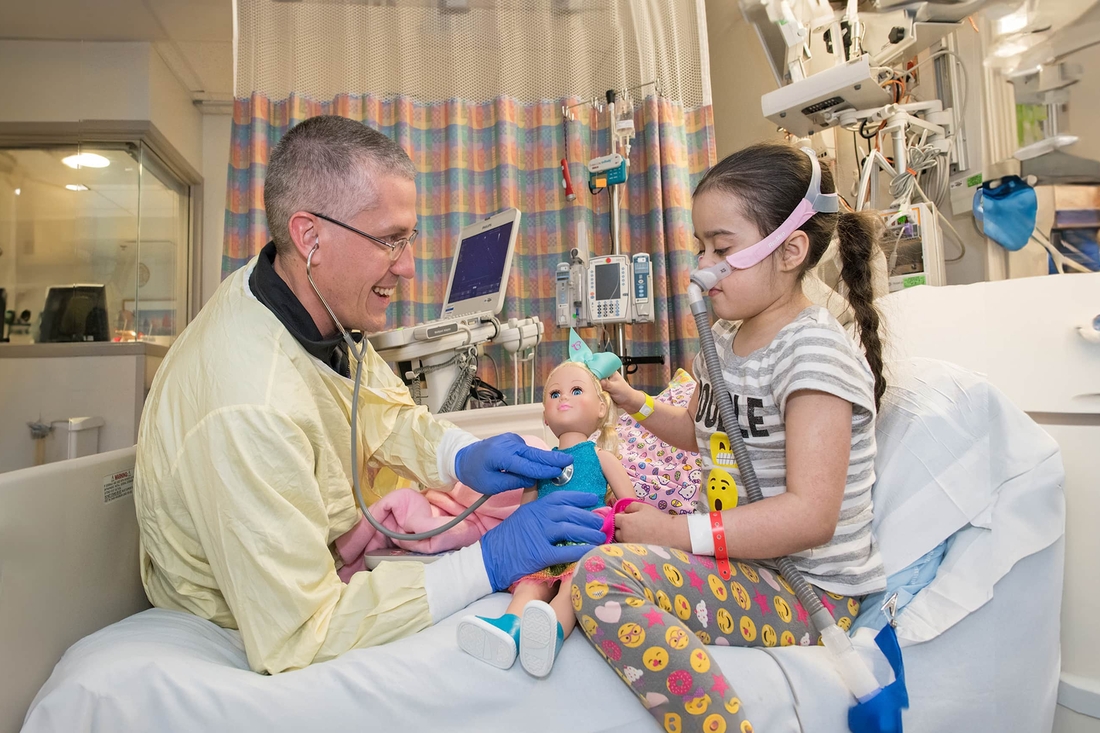Discovery, Together

Find a recruiting clinical research study
CHOP’s research advances pediatric medicine – for children everywhere.
We are committed to improving the health and well-being of children in our communities and around the world through groundbreaking research that translates into life-changing treatments and cures. Children and families like yours help make these research breakthroughs happen. By participating in a clinical research study, you can create healthier futures for children by advancing our understanding of disease and treatments, and improving health, safety and wellness across entire lifespans.
Participation
We are dedicated to solving the most challenging problems in pediatric health, and we couldn’t do it without the partnership of our research participants. Volunteers like you help us learn more about the human body, medications and medical devices, safety, behavior and even the health system. Our research varies from innovative clinical trials to social-behavioral research and even studies your child can participate in from home! We need the participation of both healthy children and those with specific conditions. By volunteering, you can help us make life-changing discoveries that will help children thrive for generations to come. Join us!
Our Research Institute
Discover groundbreaking pediatric research at CHOP that’s shaping the future of children's health.
Innovation at CHOP
Explore diverse studies and initiatives at CHOP that are leading the way in healthcare innovation.
Sign-up for email updates
Stay up to date on all things CHOP research; sign up for our research newsletter!